Featured Blogs

Autonomous AI agents are redefining enterprise automation by independently planning, reasoning, and executing business tasks. They are emerging as a core driver of next-generation digital transformation.

AI is reshaping cloud infrastructure by enabling predictive scaling, automated cost optimization, and self-healing systems. Enterprises are modernizing their cloud environments with intelligent automation for improved reliability and efficiency.
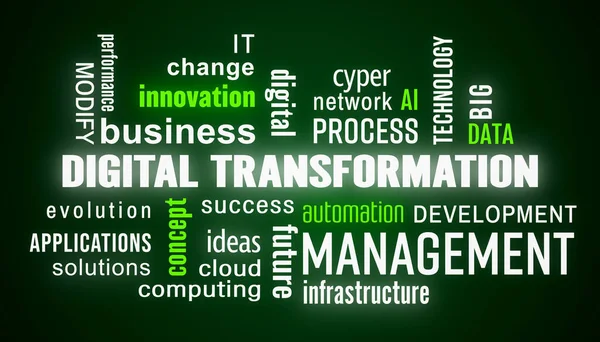
AI is transforming business intelligence by enabling predictive analytics, automated insights, and faster decision-making. Modern BI systems use AI to analyze trends, forecast outcomes, and automate business operations for improved efficiency.

AI-driven cybersecurity is reshaping digital protection with predictive analytics, anomaly detection, and automated response systems. Machine learning models can identify threats before they occur, enabling faster, smarter, and more proactive defense strategies.

AI-powered digital twins are transforming industries by creating virtual replicas of physical assets, systems, and processes. These intelligent twins enable real-time monitoring, predictive insights, and smarter decision-making, driving the future of autonomous operations.

AI-powered workflow automation is reshaping how modern enterprises operate by eliminating repetitive tasks, reducing operational delays, and enhancing overall productivity. From intelligent task routing to predictive analytics, AI is enabling businesses to automate workflows at scale with unmatched efficiency.
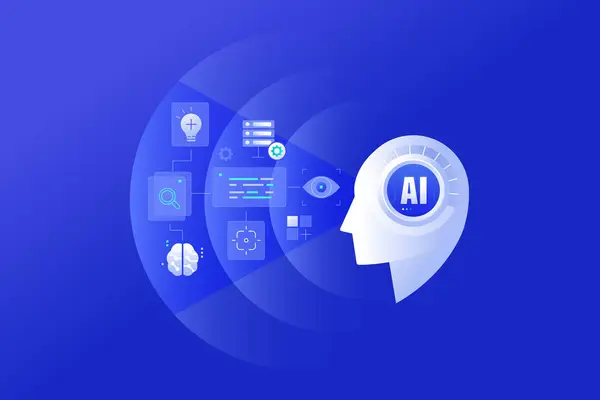
Artificial Intelligence (AI) is revolutionizing software engineering by automating coding tasks, enhancing development workflows, and improving software quality. AI-augmented software engineering leverages machine learning, natural language processing, and automation to help developers write, test, and deploy software more efficiently.

Quantum computing is poised to revolutionize industries by solving problems that are impossible for classical computers. By leveraging the principles of quantum mechanics, quantum computers have the potential to transform fields such as cryptography, artificial intelligence, drug discovery, and complex system simulations.

The world of work is undergoing a radical transformation driven by digital technologies, automation, and artificial intelligence. As businesses adapt to these changes, employees and organizations must rethink how they operate, upskill their workforce, and embrace new work models.

The internet is undergoing a significant transformation, moving from centralized control to a decentralized framework powered by blockchain and other emerging technologies. This new paradigm, known as Web3, aims to create a more secure, transparent, and user-empowered digital environment.

As cyber threats become more sophisticated, traditional security measures struggle to keep up. Enter AI-powered cybersecurity, an innovative approach that leverages artificial intelligence and machine learning to detect, prevent, and respond to cyber threats in real time.

Artificial Intelligence (AI) has made remarkable strides in recent years, with deep learning leading the charge in areas like natural language processing, computer vision, and autonomous systems. However, despite its success, deep learning has limitations—especially when it comes to reasoning, interpretability, and generalizing beyond vast datasets.

Edge computing is revolutionizing digital product engineering by bringing data processing closer to the source. Instead of relying solely on centralized cloud infrastructure, edge computing enables devices to process data locally, leading to faster response times, enhanced performance, and greater autonomy.

As concerns around climate change and resource conservation continue to rise, businesses are increasingly called to adopt sustainable practices across all aspects of their operations. In product engineering, this shift towards sustainability is not just an environmental imperative but also a strategic advantage.
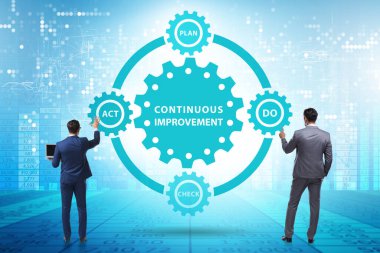
In today’s fast-paced digital landscape, organizations are under constant pressure to innovate, release products quickly, and adapt to changing market demands. Continuous Integration (CI) and Continuous Delivery (CD) have emerged as key strategies for speeding up the software development lifecycle, enabling teams to accelerate product delivery while maintaining high-quality standards.

In the rapidly evolving digital landscape, businesses need to be agile, efficient, and innovative to stay competitive. 5G technology is emerging as a transformative force that empowers enterprises to accelerate their digital initiatives, enhance customer experiences, and create more connected products.

In today’s competitive business landscape, the ability to innovate quickly and effectively can make or break an organization. As enterprises strive to develop products that resonate with customers and address their needs, the role of data-driven insights has become crucial.

In today’s rapidly evolving technological landscape, innovation drives competition and success. Among the cutting-edge technologies reshaping how products are designed and developed, digital twins stand out as a transformative tool in the product engineering space.

In an era defined by digital transformation, businesses are shifting how they deliver products and services to meet customer expectations. Among the key enablers of this shift are Software as a Service (SaaS) and Platform as a Service (PaaS) models, which provide faster, more scalable, and efficient ways to deploy solutions.
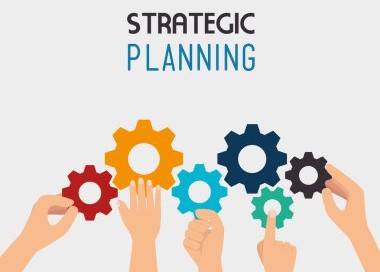
In today’s fast-paced digital world, building scalable products is crucial for long-term success. As businesses grow and evolve, their digital solutions must be able to handle increased demand, ensure high performance, and maintain reliability. However, achieving this requires careful planning and strategic decisions from the very start of product development.
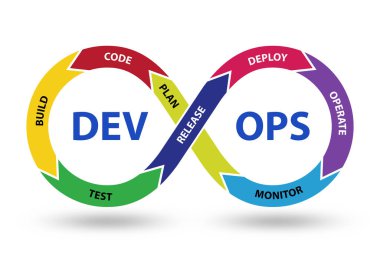
In today’s rapidly evolving digital landscape, businesses must adopt practices that not only enable faster time to market but also improve the efficiency and quality of product development. DevOps has emerged as a critical framework that aligns with this need by fostering greater collaboration between development and operations teams, leveraging automation, and streamlining workflows.

In today’s fast-paced, technology-driven world, customer-centricity is no longer a more advantage—it's essential for success. Customer-centric product engineering revolves around the principle that the end-user's needs, preferences, and behaviors should shape every step of the product development process.
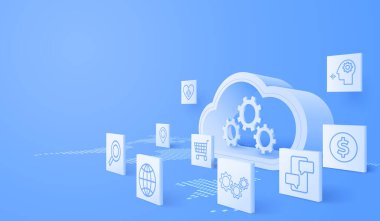
As the pace of technological advancement accelerates, the need for agility, scalability, and innovation has never been more critical for enterprises. In the modern digital landscape, Cloud-Native Engineering is redefining how companies build and deploy their products.
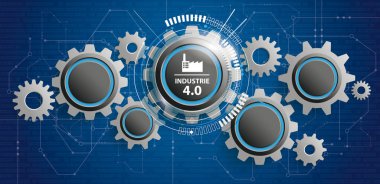
In today’s rapidly evolving digital landscape, the integration of Artificial Intelligence (AI) and Automation is revolutionizing the way products are designed, developed, and delivered. AI-driven solutions and automation tools offer immense potential to optimize product engineering processes, improve efficiency, and enhance the quality of outputs.
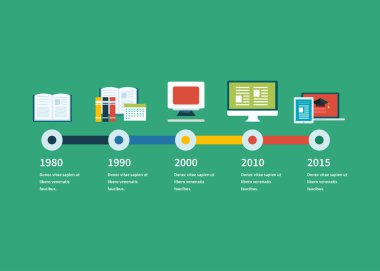
In today’s fast-paced world, getting products to market quickly can be the difference between success and failure. However, speed alone isn’t enough; companies must also ensure that their products maintain the highest quality. Digital engineering solutions offer the perfect balance between rapid development and high-quality outcomes.

In an era where businesses are defined by their ability to adapt, scale, and innovate, building resilient digital platforms is essential for sustained success. A resilient platform not only withstands disruptions but also ensures smooth operations, scalability, and flexibility, regardless of changes in the technological landscape or market demands.

In today's fast-paced digital landscape, innovation is no longer an option but a necessity. To stay competitive and relevant, businesses need to continuously evolve their products and services. Digital product engineering provides a structured approach for companies to foster innovation, enhance efficiency, and deliver cutting-edge solutions.

As technology evolves at an unprecedented pace, product engineering is undergoing significant transformation, shaping the way businesses innovate, develop, and deliver products. With advancements in automation, artificial intelligence (AI), and the Internet of Things (IoT), the landscape of product engineering is being redefined, impacting industries from retail to healthcare and finance.
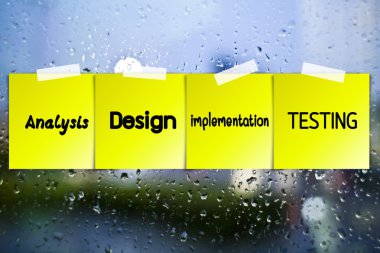
In today’s competitive digital landscape, speed and flexibility are essential for staying ahead of the curve. Businesses that can rapidly adapt to changing market demands, technological advances, and customer expectations are better positioned for success. One of the most effective ways to achieve this is through Agile Engineering

As businesses navigate a rapidly evolving digital landscape, it is crucial to not only adapt but also accelerate their digital efforts to remain competitive. Digital Acceleration has emerged as a powerful approach for enterprises looking to enhance their digital capabilities quickly, drive operational efficiency, and deliver superior customer experiences.
